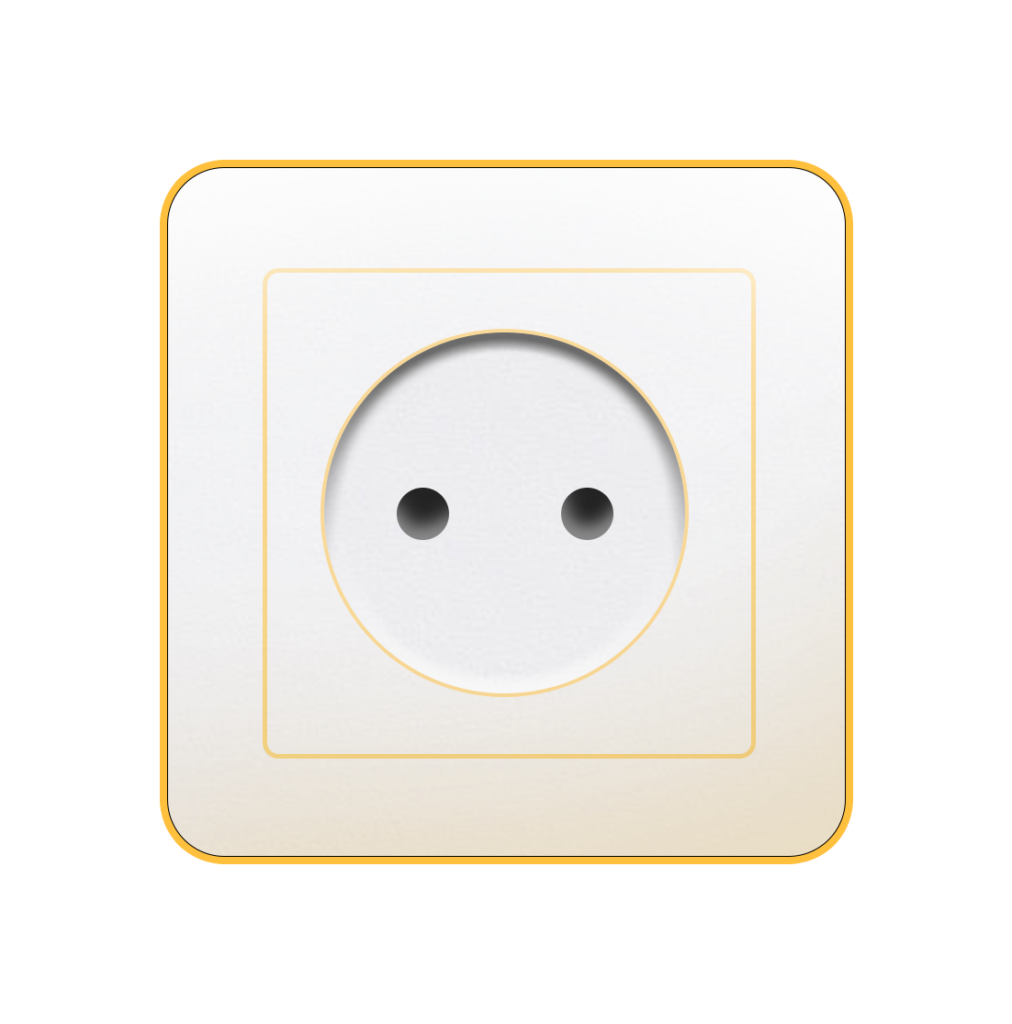In Thailand, they use Type A, B, C, and O plugs and sockets. The mains voltage is 220 V, and the frequency is 50 Hz.
So, you’ll definitely need a travel adaptor in Thailand. Their plugs and sockets aren’t the same as our Type G back in the UK.
Key Takeaways
- Plugs and sockets: A, B, C, and O
- Mains voltage: 220 V
- Frequency: 50 Hz
- Travel adaptor needed? Yes, you do need a travel adaptor
- Voltage converter needed? You won’t need to use a voltage converter here.
- Recommended travel adaptor: AUNNO Universal Travel Adaptor
The details you see are backed by local authority advice on electricity, international standards (IEC), and first-hand accounts from seasoned travellers.
Sockets in Thailand
In Thailand, you’ll find Type A, B, C, and O plugs and sockets.
Type A

Type A sockets have two flat parallel pins and no grounding. Unlike Type G, they don’t include an earth pin, which makes them less secure.
Type B

Type B sockets have two flat parallel pins plus a round grounding pin. Unlike Type G, the pins are thinner and there’s no built-in fuse.
Type C

Type C sockets have two round pins and no grounding. Unlike Type G, they take a slimmer plug without an earth pin or fuse.
Type O

Type O sockets have two round pins and an additional grounding pin. UK Type G plugs do not fit into Type O sockets.
Recommended Travel Adaptor for Thailand
After testing numerous adaptors during real trips, one stood out. It performed best on safety, value and usability. This is the adaptor we suggest you take.
Recommended Travel Plug Adaptor
by 1,500+ travellers on Amazon
Abroad with no adaptor? You’ll find some for sale at airports and in town. Just bear in mind they’re often overpriced and not the best quality.
Thailand is often combined with regional destinations such as Cambodia and Laos. Best to check the plug info for those too — they might not match exactly.
Do You Need a Voltage Converter?
In Thailand there’s no call for a converter, as the voltage is near enough to the UK standard.
Double-check your device’s voltage label when travelling. ‘100–240 V, 50/60 Hz’ means you won’t need a converter, which is the case for most up-to-date electronics.

Top Travel Essentials to Take With You
It’s often the overlooked bits of kit that help the most. A luggage scale spares you the stress of overweight bags, a power bank keeps you going when outlets are scarce, and packing cubes keep everything in its place. We’ve tested them on the road, and they really earn their keep.



